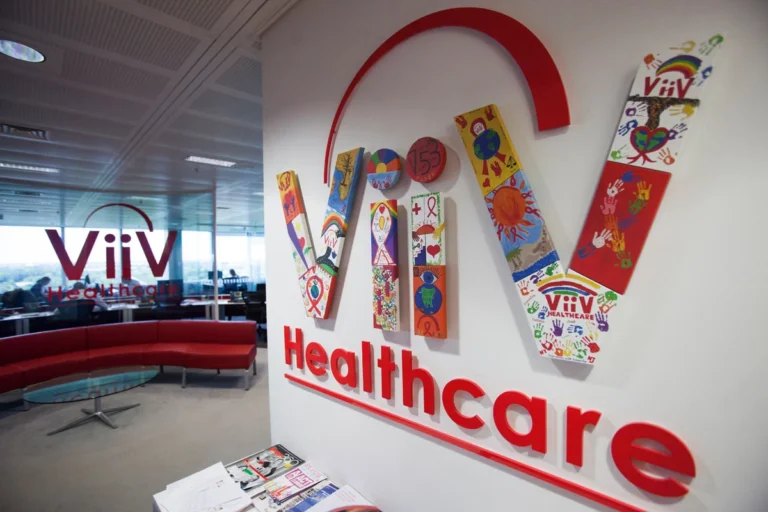
Doctors are increasingly using contrast-enhanced ultrasound (CEUS) for imaging kidney masses in patients with polycystic kidney disease, often bypassing CT scans altogether due to CEUS’s effectiveness. “They go right to CEUS and no longer bother with CT,” said Dr. Richard Barr at the annual Advances in Contrast Ultrasound conference in Chicago on Friday.
Dr. Richard Barr, a radiologist in Youngstown, Ohio, and an officer of the International Contrast Ultrasound Society (ICUS), noted that many physicians, including nephrologists, prefer contrast-enhanced ultrasound (CEUS) because it provides accurate and reliable results quickly, without the high cost, risk of kidney damage, and radiation exposure associated with contrast CT or MRI.
“CEUS is beneficial not just for patients,” Barr emphasized. “Many doctors aren’t aware that reimbursement for CEUS is higher compared to CT or MRI with contrast. Reimbursement is available regardless of the organ being examined or the ultrasound contrast agent used.”
CEUS, along with grayscale ultrasound, plays a crucial role in detecting solid renal masses, according to ICUS Board Member Christine Merrill, a sonographer in the Department of Radiology at the University of Calgary. She presented a recent case involving a 70-year-old patient with adult polycystic kidney disease. Initially, a CT scan identified a single suspicious mass in the right kidney. However, CEUS later revealed five solid masses across both kidneys.
Ultrasound contrast agents, which are biocompatible suspensions of echogenic microbubbles, are injected intravenously during ultrasound exams to help detect tumors and other abnormalities in the kidneys, liver, bowel, heart, and other organs. These agents are produced by companies such as Bracco, GE Healthcare, and Lantheus.
About ICUS:
The International Contrast Ultrasound Society (ICUS) is a nonprofit medical society dedicated to promoting the safe and appropriate use of CEUS to improve patient care worldwide. ICUS membership is free, and it offers complimentary CME-accredited educational programs, newsletters, and other resources.




